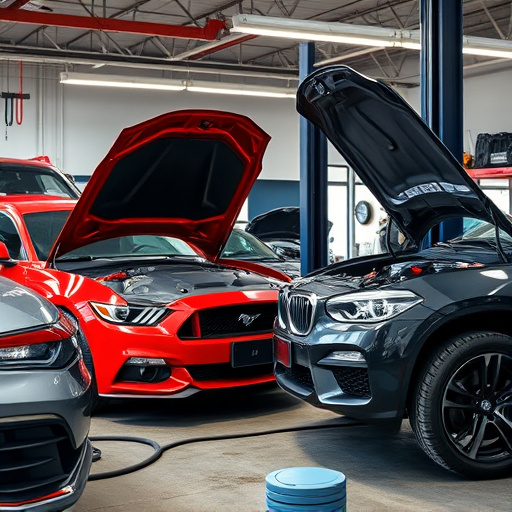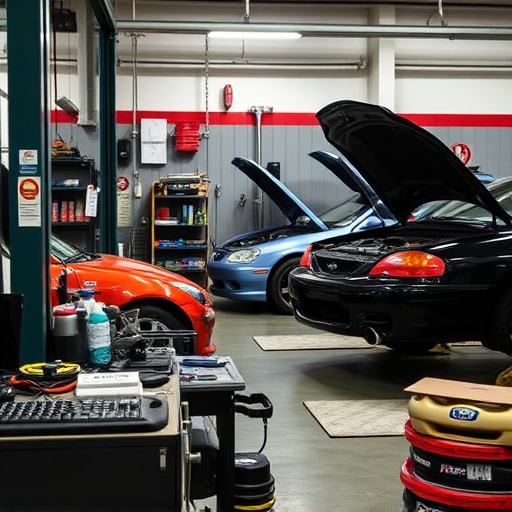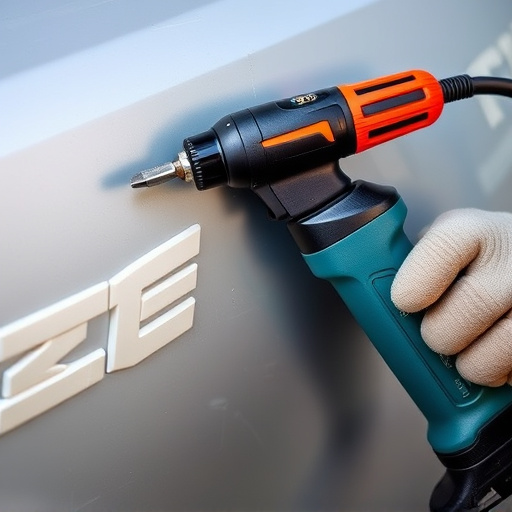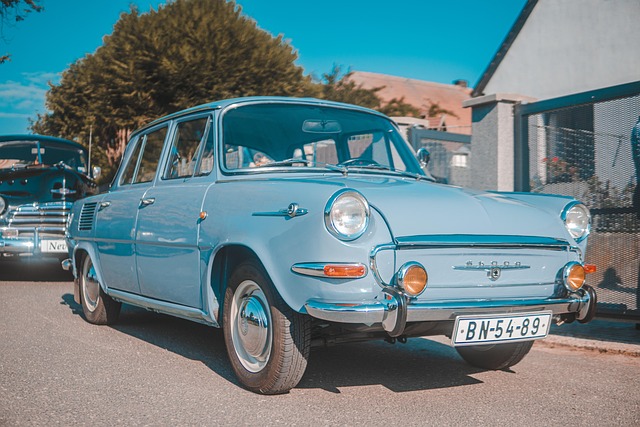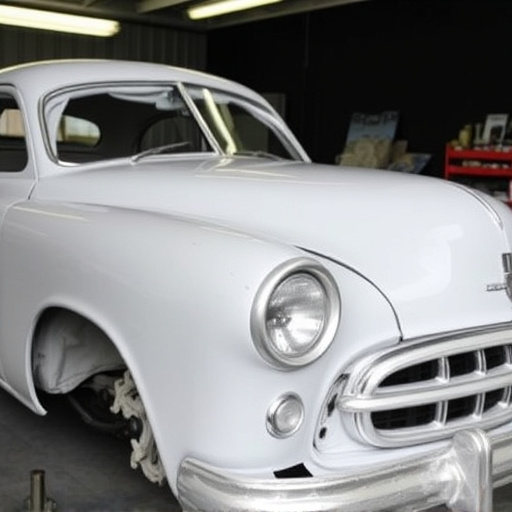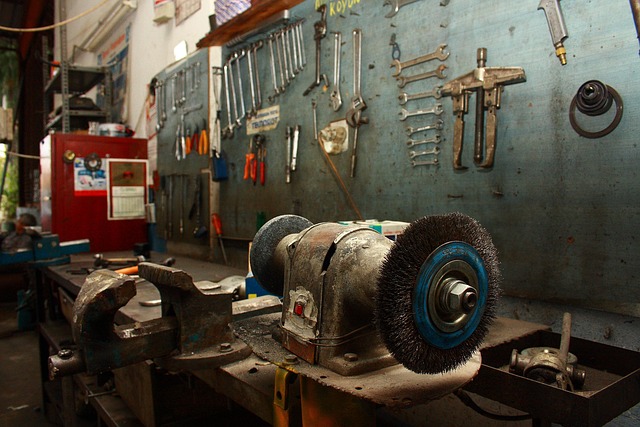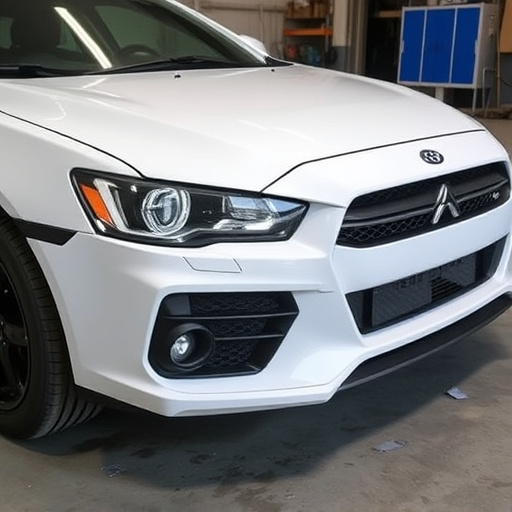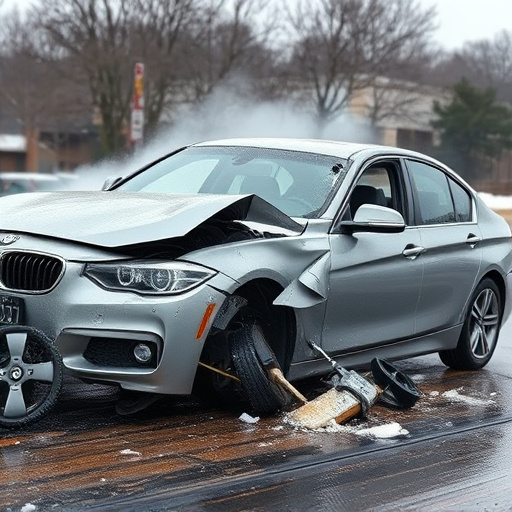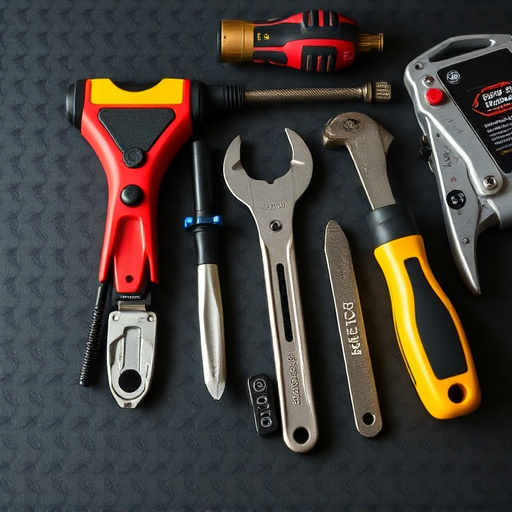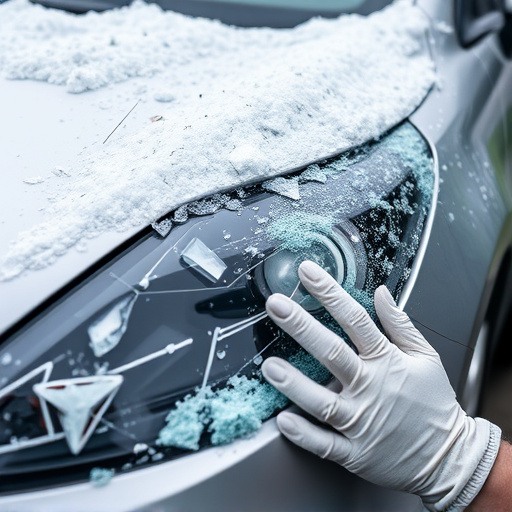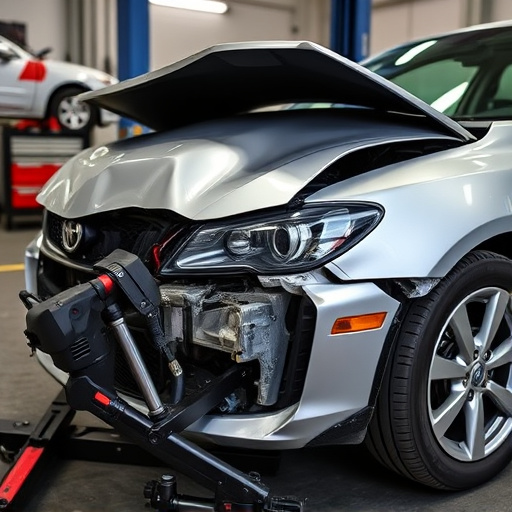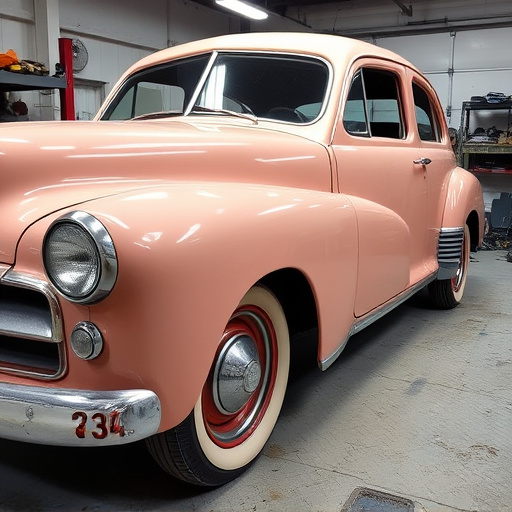Core Support Replacement (CSR) is a vital automotive procedure for structural stability and safety, addressing damaged components to maintain vehicle integrity. This repair is crucial for long-term benefits, including improved resale value through enhanced condition reports and reliability perception. Accompanying services like paint and hail damage repairs further boost visual appeal. Key factors influencing post-CSR resale value include pre-accident age, repair techniques, quality parts, and skilled technicians.
The impact of core support replacement (CSR) on vehicle resale value is a critical aspect often overlooked in the automotive industry. This article aims to demystify CSR, exploring its fundamental concepts and delving into how it influences vehicle longevity and subsequent resale values. We analyze the effects over time, considering various factors that play a role in determining a vehicle’s post-CSR market worth. Understanding these dynamics is crucial for both car owners and dealers navigating the ever-evolving automotive landscape.
- Understanding Core Support Replacement: The Basic Concepts
- How CSR Affects Vehicle Resale Value Over Time
- Factors Influencing Resale Value Post Core Support Replacement
Understanding Core Support Replacement: The Basic Concepts
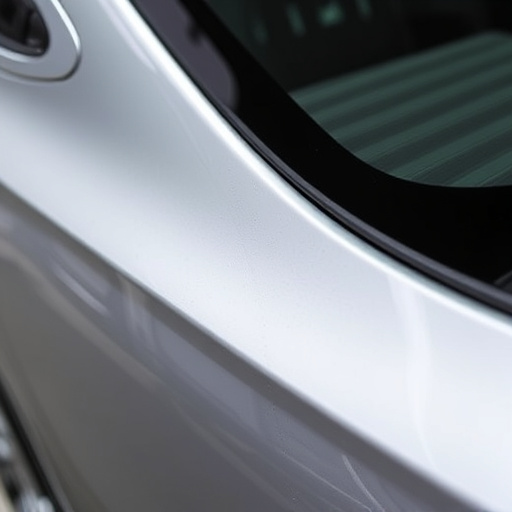
Core Support Replacement is a critical process within the automotive industry, focusing on the replacement of damaged or worn-out structural components in vehicles. This procedure involves removing and replacing core parts that bear significant weight and contribute to the overall integrity of the vehicle’s frame and chassis. The primary goal is to restore structural stability and ensure safety during driving.
This process is often required due to accidents, road debris impact, or normal wear and tear over time. A car repair shop will assess the damage, utilizing advanced diagnostic tools to identify which core components need replacement. This may include parts like cross members, control arms, or even the entire front or rear subframe. Unlike a simple fender repair, core support replacement is an intricate procedure that demands precision and expertise from qualified technicians to ensure optimal vehicle performance and maintain its resale value.
How CSR Affects Vehicle Resale Value Over Time
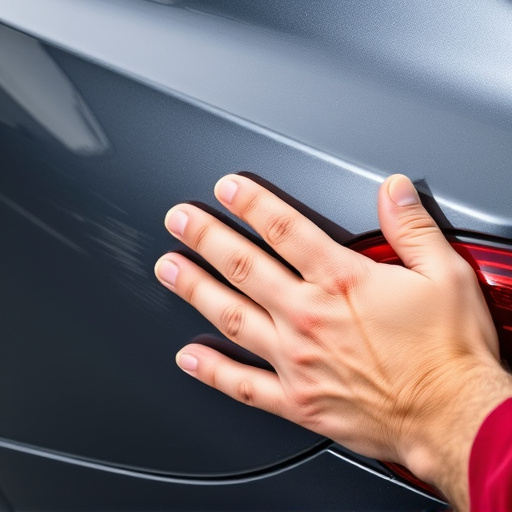
A core support replacement (CSR) is not just a maintenance procedure; it’s an investment in your vehicle’s long-term health and resale value. Over time, the effects of CSR can be profound, especially when compared to vehicles that haven’t undergone this critical repair. A well-executed CSR can significantly enhance the structural integrity of a car, ensuring it maintains its shape and stability even under extreme conditions. This longevity translates into better overall condition reports from potential buyers, who value vehicles with minimal cosmetic or mechanical issues.
Moreover, a vehicle with a proven history of core support replacement is often perceived as more reliable. This perception boosts its resale value by appealing to cautious buyers who understand the importance of structural integrity for safety and performance. Additionally, professional car paint services and hail damage repair that might accompany CSR can further enhance the visual appeal of the vehicle, making it more attractive on the second-hand market—a factor often overlooked but crucial in maintaining or even increasing resale prices over time.
Factors Influencing Resale Value Post Core Support Replacement
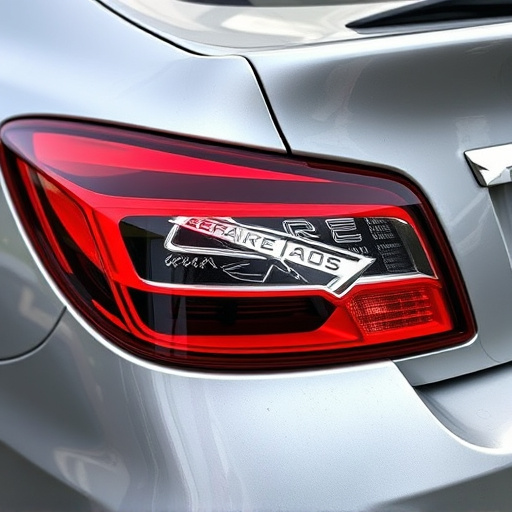
After a core support replacement, several factors come into play when determining a vehicle’s resale value. One of the primary considerations is the age and condition of the car before the accident. If the vehicle has low mileage and was in excellent pre-accident shape, it will likely retain more of its original value post-repair. The extent of damage during the incident also plays a crucial role; minor dents or scratches that can be effectively repaired using techniques like paintless dent repair can significantly enhance resale prospects.
The reputation and quality of the auto collision center performing the core support replacement are essential. A well-regarded collision repair facility with experienced technicians will ensure precise, factory-standard repairs, boosting the vehicle’s perceived value. Additionally, factors such as the availability of original equipment parts and the effectiveness of restoration processes, including paint jobs, can make a notable difference in how potential buyers perceive the car’s worth post-replacement.
Core Support Replacement (CSR) significantly influences vehicle resale value, with proper maintenance and timely replacements leading to better long-term retention of a car’s worth. By understanding how CSR impacts different vehicle components over time, buyers and sellers can make more informed decisions. Several factors, including the age of the vehicle, quality of replacement parts, and market demand, play a role in determining resale value post-CSR. Staying abreast of these dynamics ensures optimal retention of investment upon future sales.
